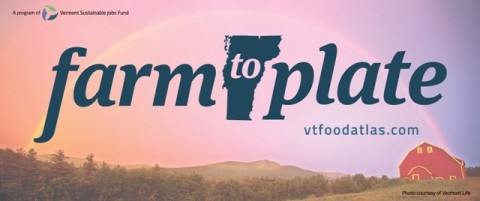Stepping Up to the Social Justice Plate
July 24, 2014 Leave a comment
The following article appeared in an email newsletter from the Vermont Farm to Plate Network (VTF2P) one of IISC’s clients in network and collaborative capacity building. The author is Beth Cullen, co-chair of the Farm to Plate Consumer Education & Marketing Working Group and owner of Root Consulting, who attended the New England Food Summit that Cynthia Parker and I helped to design and facilitate. It is great to see the power of that two day convening and conversation continuing to ripple out into the region. VTF2P plans on integrating the conversation about equity into their upcoming October convening . . .
New England Food Summit targets social justice to drive change in the food system
The 4th Annual New England Food Summit, organized by Food Solutions New England, convened over 110 delegates in June to discuss racial equity and food justice in the region. Summit organizers unveiled the New England Food Vision, a regional aspiration to locally produce at least of 50 percent of the fresh, fair, just, and accessible food consumed by New Englanders by 2060.
 |
| Vermont delegates attending the New England Food Summit |
While the delegates had ample opportunity to applaud their counterparts’ accomplishments and share best practices, the facilitators’ programming ensured that the group never lost sight of the reality that people of color do not currently enjoy the benefits of our current food system. Story tellers, academics and advocacy groups defied the notion that New England has evolved into a post-racial society, and suggested ways the delegates can chip away at institutionalized racism, starting with implicit bias on an individual level.
Abel Luna, a Vermont delegate from Migrant Justice, said “Vermont has great programs, but farm workers are not at the table,” which led to a discussion about tokenism, or the practice of inviting a select few of a minority population to create the appearance of diversity and equality. Most delegates agreed they have a long way to go to meet even a minimum target of 30% minority representation in their state’s efforts. While all three northern New England states may struggle to engage people of color in our work to change our food system (due primarily to demographic realities), the Vermont delegates agreed that more could be done to support the migrant farmworker community in our state.
Professional development opportunities and tools exist to improve inclusion and reduce structural racism in organizations. Race Forward’s Equity Impact Analysis tools include a Racial Equity Impact Assessment Guide to test proposed actions for potential adverse consequences on different racial groups. The AmeriCorps We All Belong program offers diversity training for personnel, and helps organizations design programs that represent all levels of society.
The New England Food Vision hope is to galvanize the six states’ overlapping networks through community organizing around food access and food justice as we step towards 2060.
